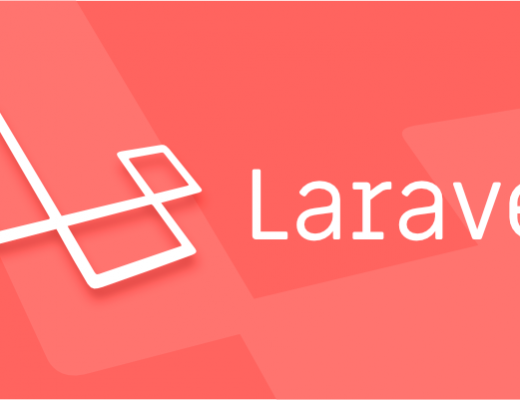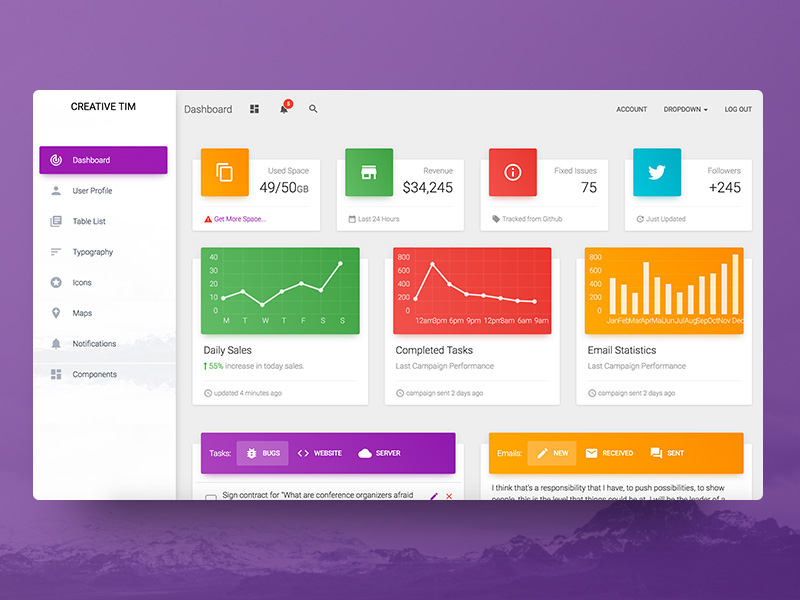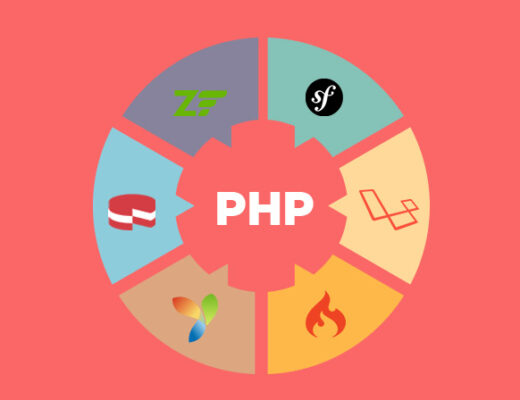
“PHP” is a recursive acronym that stands for “Hypertext Pre-Processor”, and is one of the most popular open source server side scripting languages in the world. Customization and simplification are the two most striking features of PHP that makes the complex process of coding for the most powerful apps a dodle. In fact, PHP has been developed into some of the most efficient and desirable frameworks to be found anywhere, like Laravel and Symfony. Some of our favorite PHP frameworks are listed below.
Symfony
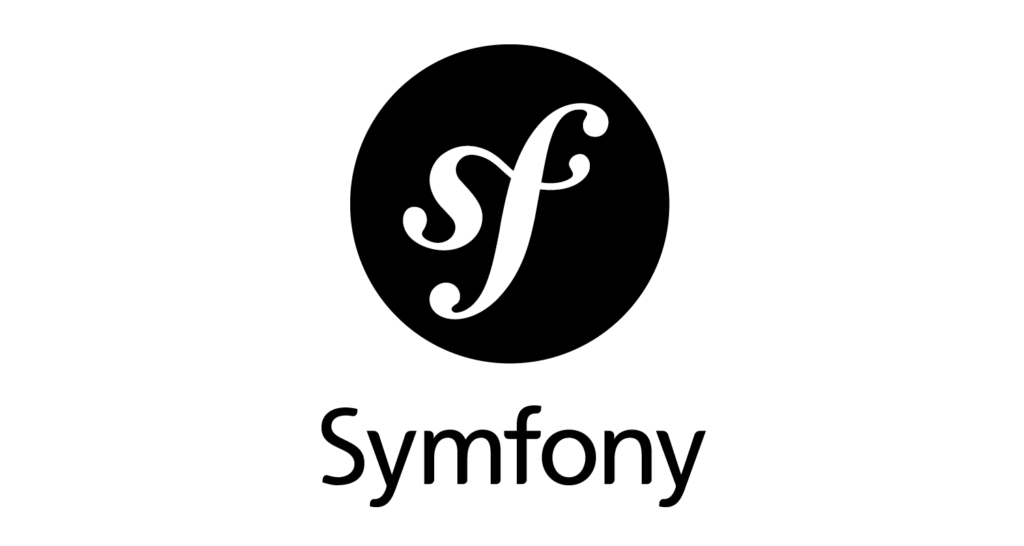
This framework has been in use since 2005. It is thus recognized as most reliable for developing web applications. Its origins as a PHP MVC framework ensures that it is covered by the high standards for all PHP web development application. Similar to Laravel, the most highly regarded of all PHP frameworks, some of the features are quite surprising. Components that are reusable and modular make for extremely fast development, which requires very little memory space. Its innate flexibility allows integration with other projects like Drupal. Interoperability is built in, so that software building blocks such as translation and forms management can be conveniently used by developers. But Symfony is not for beginners, and its complex security mechanism is meant only for experienced professionals. This is is only drawback, but it does create a limitation.
CodeIgniter
The Framework comes with pre-built modules, making coding very simple and quick. The simple set of libraries, the high speed, the ease of learning, and stability make this framework absolutely formidable.
CakePHP
This is a CRUD (create, read, update, and delete) framework, and great for beginners. Released in 2005, its expansible architecture makes very attractive indeed.
Laravel
The Laravel Framework is PHP’s most popular open source framework. Introduced in 2011, Laravel can be used to build the most sturdy web applications. This is because the most usual tasks like routing, caching, security, and authentication are made easy to incorporate and execute. Customization of apps to the developers requirements , such as security, data migration, and MVC architecture, comes easy in this Framework. Web applications secutity is high level, and this itself is the best recommendation to use Laravel . But Laravel is still a work in progress, and receives continuous support from its vast audience of developers, who are constantly updating Laravel for use by the community. All in all, this is probably the Best of the PHP Frameworks on offer in 2020.
Zend
The Zend is community oriented, and has an extended base with the community. High performance with super speed makes it a pleasure to use. Its library components are lightweight, and yet have tremendous functionality. Extreme malleability allows developers to create and customize their own apps for their specific needs. Special Zend components extend the choice of developers to improve functionality. Its object oriented framework is suitable for most developer’s needs.
Yii
The release of this Framework in 2008 signalled the incorporation and use of “lazy loading” technique, which ensured high speed loading. This feature was a sensation when released first, but now it has become an industry standard. Yii also has some striking advantages which make it stand out against its competitors. It is lightweight , and yet its performance is surprisingly fast and accurate. Security is one of the great features of Yii, and can protect webs from cookie tampering and SQL injection. Ecommerce projects and CMS forums are its specific area of application, and that is why it is popular. But it has one major drawback: complex web apps cannot be created with Yii. This has limited its application somewhat.
Slim
This PHP micro-Framework is one of the best for APIs. It is simple, easy to learn for beginners, and user-friendly.
PHPixie
The HVMC architecture ensures web apps with extremely powerful and high performance. Now around nine years old, it is still considered new. But its ease of application and the feature of independent components make it very attractive to developers.
FuelPHP
The special feature of this app to display more than one page at a time makes it a favorite of developers and this is because this framework supports both MVC and HMVC architecture. Constant updating is improving this framework continuously, such as the update in 2019.
Phalcon
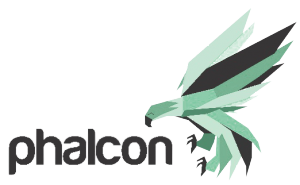
Phalcon is a preferred Framework for developers who do not want to learn C programming language first. Instead, it is a C-extension language. It was written using C and Coo language. Released in 2012, it is a full stack framework. It is feature-rich, and includes caching, asset management and universal autoloader. Its use of minimal space allows it to operate at astounding speed. At the same time, it is really easy for even beginners to install and use.… Read The Rest
